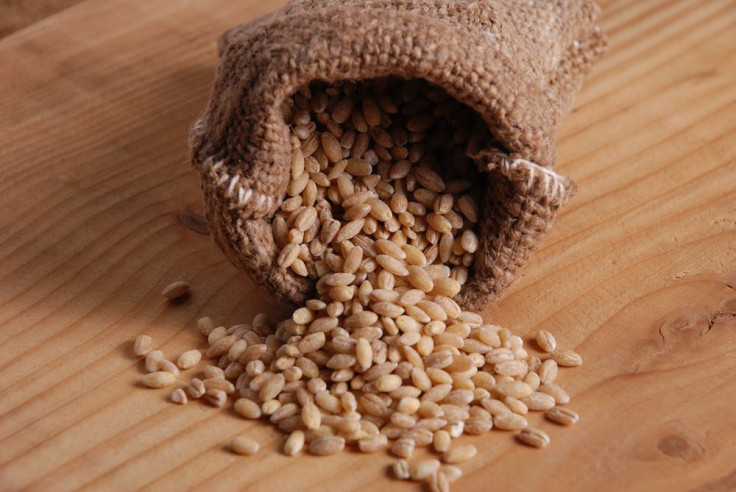3 Superfoods Backed By Real Science

The verdict is in: Unless you’re a health website looking to drive traffic, health fads probably won’t do you any good.
The prevailing scientific opinion on “superfoods” appears to be that açaí berries, wheat grass, and quinoa are just as lame as the name “superfoods.” And in a recent editorial published in the Annals of Internal Medicine, a panel of nutrition experts advised the public to steer clear of vitamins, spot wasting money on supplements, and to not even get them started on minerals.
Some will call it a conspiracy theory to get the American public hooked on pharmaceutical drugs. Those who actually read the accompanying literature will see that it’s not. $28 billion a year is a lot of money — what do we get in return?
"I think this is a great example of how our intuition leads us astray," Steven Salzberg, a professor at Johns Hopkins University, told the NPR blog Shots. "It seems reasonable that if a little bit of something is good for you, then more should be better for you. It's not true. Supplementation with extra vitamins or micronutrients doesn't really benefit you if you don't have a deficiency."
But what are we supposed to eat, then? Below are some foods that have actually proven effective against actual medical conditions. The data is the result of an investigation by Information is Beautiful — a design project focusing on the visualization of data. You can check it out here.
1. Barley
Works for: Cholesterol
According to several studies, barley may really help you lower your LDL cholesterol concentration. Meta-analyses, or reviews of several different sets of findings, conclude that a daily three-gram dose of barley be an excellent choice for people with hypercholesterolemia.
“This meta-analysis of 11 studies indicates that the consumption of barley or beta-glucan from barley incorporated into different food products is associated with a significant reduction in total and LDL cholesterol concentrations,” Dr. Nancy Ames and her colleagues wrote in their study. “Increased consumption of barley products should be considered as a dietary approach to reducing LDL cholesterol concentrations.”
2. Garlic
Works For: High Blood Pressure
Garlic has been linked to a variety of different health benefits. The scientific evidence, however, only points to one: reduced blood pressure. “Meta-analysis of all studies showed a mean decrease for SBP in the garlic group compared to placebo,” Dr. Karin Ried, a researcher at the University of Adelaide, wrote in a study. “Regression analysis revealed a significant association between blood pressure at the start of the intervention and the level of blood pressure reduction […] Our meta-analysis suggests that garlic preparations are superior to placebo in reducing blood pressure in individuals with hypertension.”
3. Olive Oil
Works For: Cardiovascular Disease
Like garlic, olive oil has been hailed as a superfood capable of curing pretty much everything. But if we look at the science, its effects on atherosclerosis and other cardiovascular complications appear to be the best documented. A crucial component of the much-praised Mediterranean diet, olive oil is definitely worth your time and money.
“The fruit and compression-extracted oil have a wide range of therapeutic and culinary applications,” Dr. Emily Waterman and colleagues wrote in a study. “The oil has been widely studied for its effects on coronary heart disease (CHD), specifically for its ability to reduce blood pressure and low-density lipoprotein (LDL) cholesterol.”



























